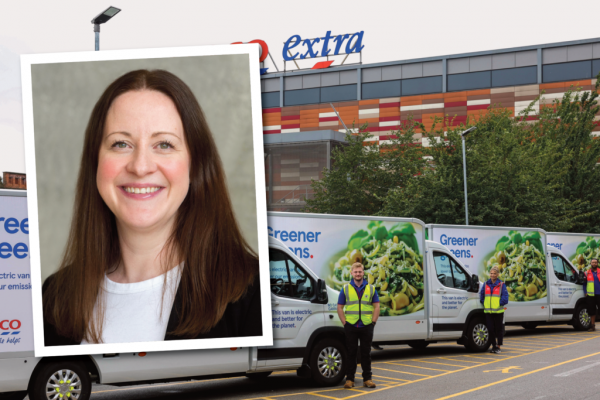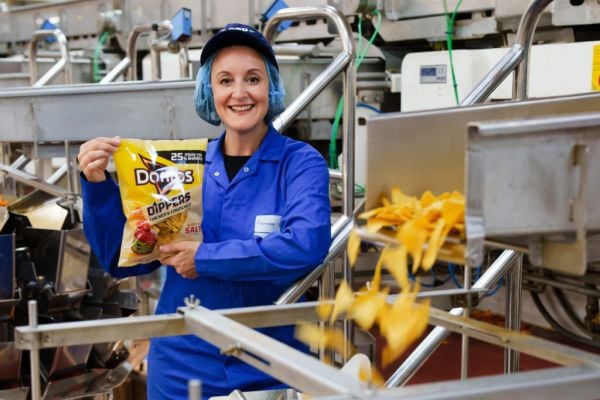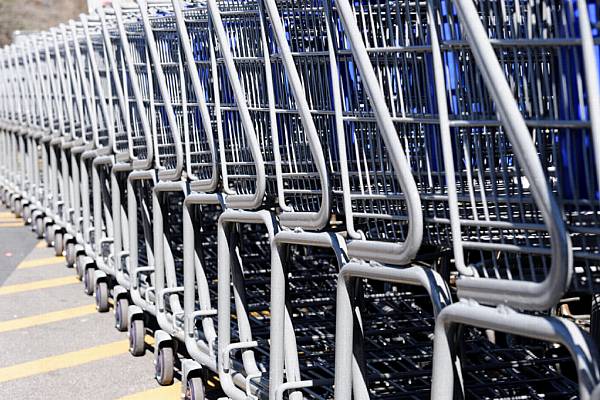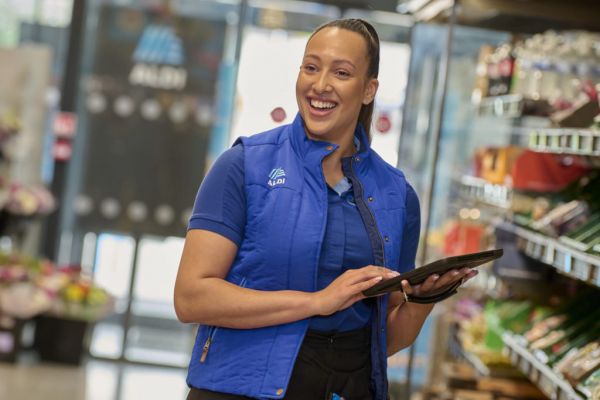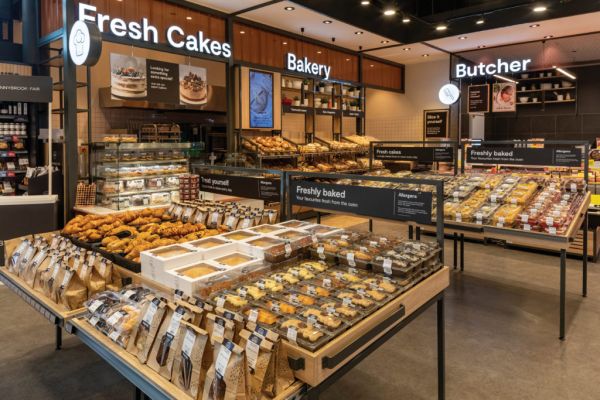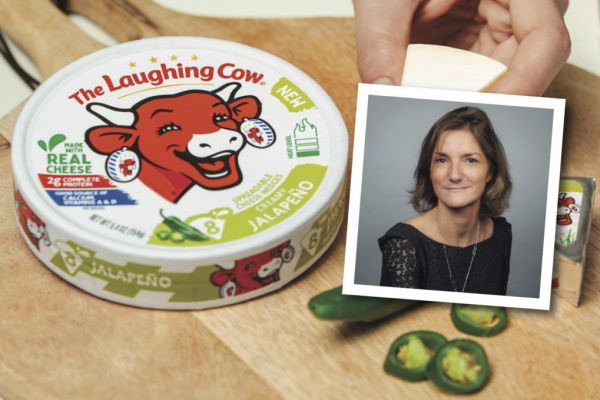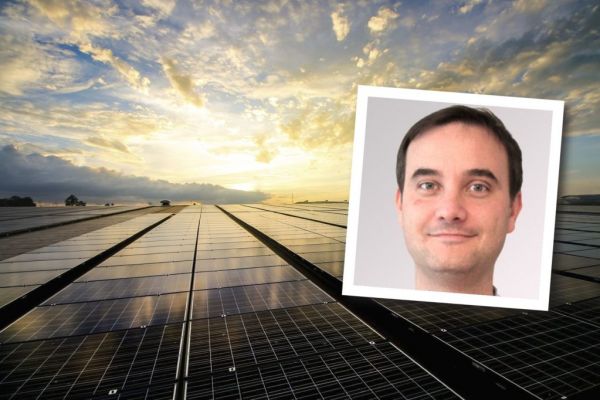In the most recent edition of ESM, we caught up with sustainability leaders across European retail, as part of our 'Sustainability 2024' report, including Claire Lorains, Group Sustainability Director, Tesco.
ESM: We’re more than a year into a cost-of-living crisis that has hit consumers hard. To what degree have these financial difficulties influenced consumer perceptions about sustainability?
Claire Lorains: For many customers, value and affordability are still top of mind. We believe that we must still champion sustainability throughout our business, but this shouldn’t come at a cost. We want all customers to be able to access affordable, healthy and sustainable food.
That’s why we launched our ‘Better Baskets’ campaign – to help our customers easily find products that are healthier, or better for the planet, while still being affordable.
To be effective, sustainability needs to permeate all aspects of a business’s decision-making and operating structure. How has that been implemented at your business?
Sustainability is a business imperative, and we must act now. If we don’t take steps to reduce our emissions and protect our supply chains from future climate impacts, the cost of taking action will only increase.
To ensure we’re all focused on delivering the same outcome, sustainability is fully embedded across the business and plays a vital role in our decision-making processes. We updated our core business purpose in recent years, and made ‘planet’ a core element, so that all our colleagues know how important it is to the future of our business – we’ve established a number of governance groups across the business, to measure and scrutinise our progress.
To what degree have you sought to foster collaboration with other businesses, groups, or industry bodies in furthering your sustainability goals?
While we’re taking action to reduce our own emissions, much of the work we will need to do to reduce Scope 3 emissions will require transformative change across the food industry, including retailers, suppliers, government, and other actors. We know it’s our responsibility to play our part in convening industry to find effective solutions to the most pressing challenges.
Working with WWF, we convened the WWF Retailers’ [Commitment] for Nature, which now consists of six major UK retailers. The group meets regularly, to discuss and act on key sustainability challenges affecting the sector.
We also play an active role on several industry groups, such as the BRC and CGF, including the CGF’s Forest Positive Coalition. We are hopeful that collective action can deliver results and drive change across the industry.
Younger consumers – particularly Gen Z – are sceptical about the sustainability claims being made by big businesses. How can businesses better communicate to this demographic?
We are acutely aware of the importance of delivering on our commitments and demonstrating real progress. We work hard to provide tangible examples of the actions we’re taking to tackle sustainability challenges, in our own operations and supply chains.
We also want to ensure the targets and commitments we’ve set are credible and have been independently verified. We recently became one of the first companies globally to have our climate targets approved by the Science Based Targets Initiative [SBTi], providing us with clear, independently validated near-term and long-term targets for Scope 3 emissions, including those associated with forests, land and agriculture [FLAG emissions], as well as those associated with industrial practices.
We’re now just over a year away from the mid-part of the decade. In what areas do you think we will see a ramping up of sustainability efforts over the next year?
We’ve made good progress in decarbonising our own operations, recording a 55% reduction in emissions in 2022/23, from a 2015 baseline, through actions such as sourcing 100% renewable electricity, which previously made up half of our footprint.
For Scope 3 emissions, we know collaboration will also be essential to achieving progress, and action is required across our business, our supply chains, and throughout society. We want to play our part in convening industry around some of the key issues we all face as an industry, including protecting nature in our supply chains.
We’ve played a leading role in tackling deforestation, including becoming a leading signatory to the UK Soy Manifesto. We’re also taking action to protect nature in our UK supply chains by rolling out LEAF Marque certification across our UK fruit and veg growers.
A key element of tackling Scope 3 emissions is to ensure our suppliers, farmers and growers join us in setting their own climate targets. We’re supporting suppliers to set climate targets by the end of this year, and to have these independently verified by 2024.
